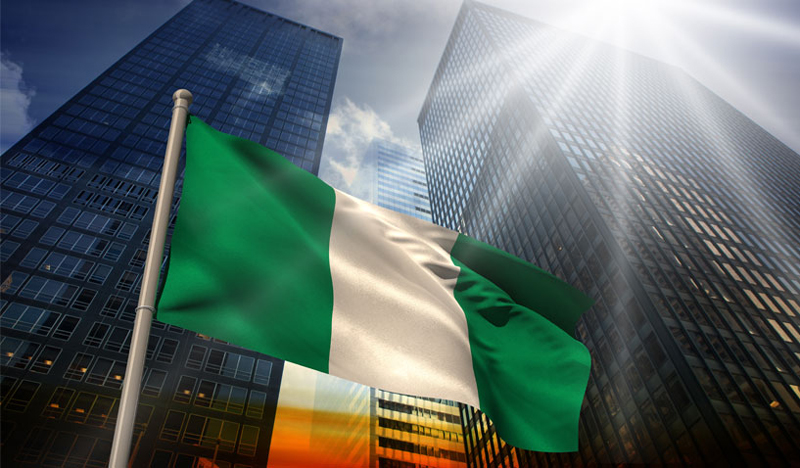×
The Standard e-Paper
Stay Informed, Even Offline

The write-up in last week’s Sunday Standard by XN Iraki on whether Nigeria can be Kenya’s role model raised several issues that need to be put in right perspective. The writer, though quite eloquent, mixed up some issues and missed certain fundamental points germane to the topic of discussion.
Dr Iraki was, however, right on one structural fundamental fact about the two countries: That Kenya and Nigeria have great similarities.